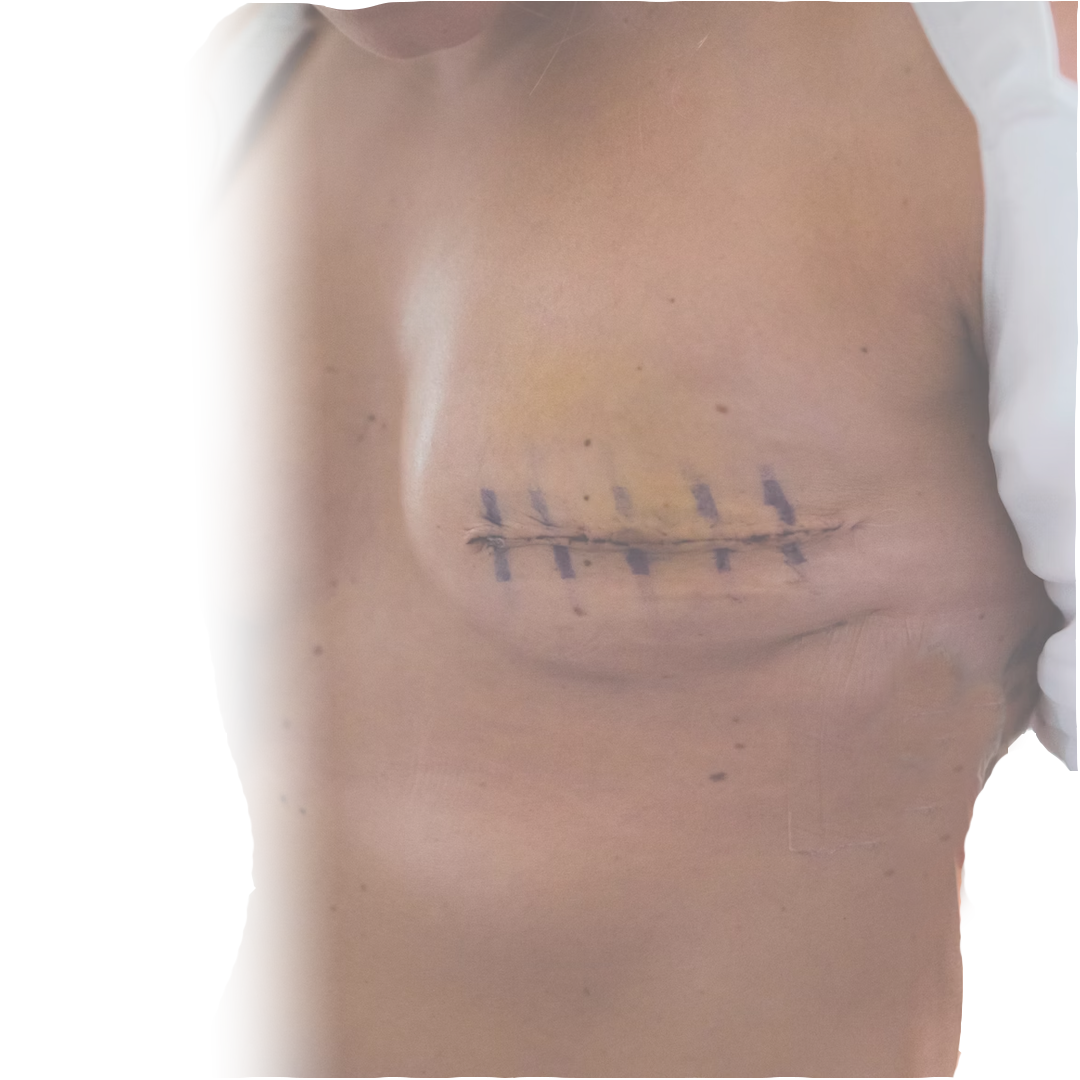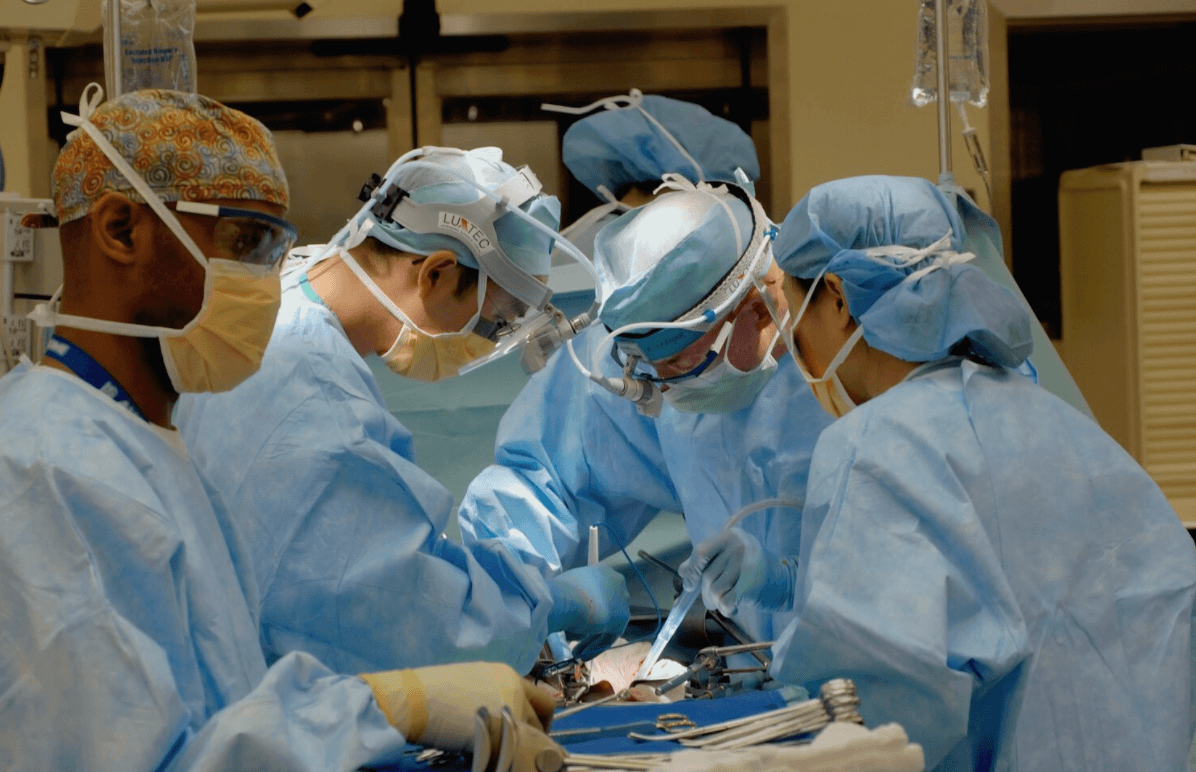Breast Reconstruction After Cancer
Unfortunately, breast cancer remains one of the most common among women worldwide. Typically, treatment for the disease involves Chemotherapy and/or a Mastectomy which removes the affected breast. The removal of the breast can have a severe impact on overall self-confidence, which is why some patients may opt to undergo breast reconstruction.

Breast Reconstruction after Cancer
If you have undergone or are preparing for a Mastectomy or Lumpectomy a qualified Plastic Surgeon such as Aadil Khan can reconstruct the breast to rebuild the shape.
Reconstruction can often be done at the same time as the mastectomy, or it can be done as a separate procedure later.
The main goal of the procedure is to help restore your sense of femininity and self-esteem following treatment. Now, there are several types of reconstruction procedures, and the one you opt for will largely depend on your individual circumstance and preference.
Before undergoing a reconstruction, you will be invited for a consultation with Aadil Khan who will analyse your circumstances and desires in depth to identify a suitable procedure.
Breast reconstruction procedures include:
Breast reconstruction procedures include:
Implant-based reconstruction
This procedure involves placing a silicone or saline implant under the chest muscle to create the shape of a breast. We will work with you to identify the best size, shape, and type of implant that will look natural and complement your overall anatomy.
Autologous reconstruction
In this procedure, we will use tissue from another part of your body, including the abdomen, back, or buttocks to create a new breast.
During the procedure, we will take tissue from the donor site and use it to create a new breast mound. The blood vessels in the tissue are then reconnected to blood vessels in the chest to ensure adequate blood flow to the newly reconstructed breast.
Combination reconstruction
Some patients benefit from a combination reconstruction technique to meet their desired outcome. The most common combination breast reconstruction approach involves using both an implant and autologous tissue.
This technique is called a “hybrid” reconstruction. The implant provides initial volume and shape to the breast, while the autologous tissue is used to refine the shape and provide additional soft tissue coverage.
Nipple and areola reconstruction
This procedure be done as a separate surgery to create a nipple and areola on the reconstructed breast to provide a more natural-looking breast and improve overall satisfaction with breast reconstruction.
Get Started Today
Aftercare Following Breast Reconstruction
Aftercare following breast reconstruction is an important part of the recovery process. The specific aftercare instructions will depend on the type of reconstruction procedure that you opt for.
Your surgeon will discuss recovery with you in depth ahead of your procedure to ensure you understand what to expect, however, here are some general tips that may be helpful:
Follow the surgeon’s instructions – Your surgeon will provide you with specific instructions for aftercare, including information about post-operative medications, wound care, and activity restrictions. It is important to follow these instructions carefully to ensure proper healing and minimise the risk of complications.
Take care of your incisions – Keep your incisions clean and dry to prevent infection. Avoid soaking in a bath or swimming until your surgeon gives you the okay. Wear loose-fitting clothing and avoid any tight-fitting bras or clothing that may rub against the incisions.
Manage pain and discomfort: Breast reconstruction surgery can be uncomfortable, especially in the first few days after surgery. Take any prescribed pain medications as directed and use ice packs or heat pads as needed to manage pain and swelling.
Avoid smoking and alcohol – Smoking and alcohol can impair healing and increase the risk of complications. It is best to avoid smoking and limit alcohol consumption during the recovery period.
Your surgeon will be on hand following your procedure and will arrange a follow-up appointment to check on your progress. If you have any questions or would like to schedule a consultation with Aadil Khan, please click the button below.
Our team of specialists
Mr Khan is a founder member of Specialists in Plastic Surgery (SPS) LLP, where he works alongside an elite group of surgeons and anaesthetists to deliver cutting-edge care, with the highest levels of patient safety and a real emphasis on patient-centred outcomes.
SPS prides itself on being a collaborative of expert surgeons, each with their own anatomical focus, meaning that you will be cared for by a specialist dedicated exclusively to your surgical needs.
Breast Cancer
Before looking at breast reconstruction, it helps to understand a little more about breast cancer and its potential causes.
Typically, breast cancer begins in the cells of the breast. Whilst it is most prevalent in women, it can also affect men, although it is much less common. Breast cancer can start in different parts of the breast, including the ducts, lobules, or connective tissue.
Now, the overall causes of breast cancer are not fully understood, but certain risk factors have been identified. Some of the known risk factors for breast cancer include:
- Age:
- Family history
- Hormonal factors
- Obesity
- Alcohol consumption
Breast Cancer Treatment
The treatment for breast cancer depends on several factors, including the stage of cancer, the size of the tumour, the type of breast cancer, and whether cancer has spread to other parts of the body. The main treatments for breast cancer include:
- Surgery (Mastectomy)
- Radiation therapy
- Chemotherapy
- Targeted therapy
- Hormone therapy
In addition to these treatments, there are also some experimental therapies being tested, such as immunotherapy and gene therapy. The best treatment plan for breast cancer depends on the individual case, and your healthcare team will work with you to determine the most appropriate course of treatment.
Book an Appointment



